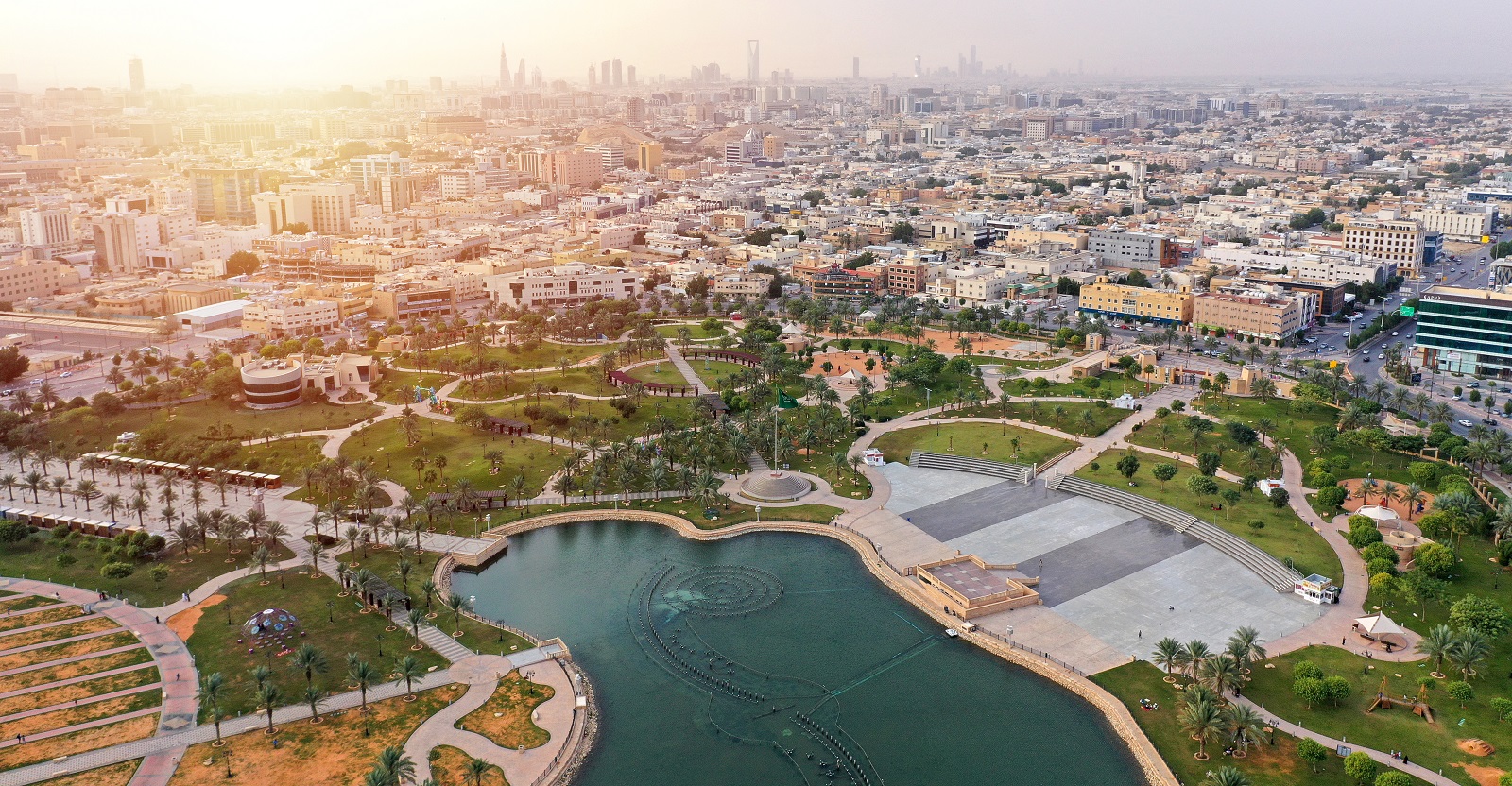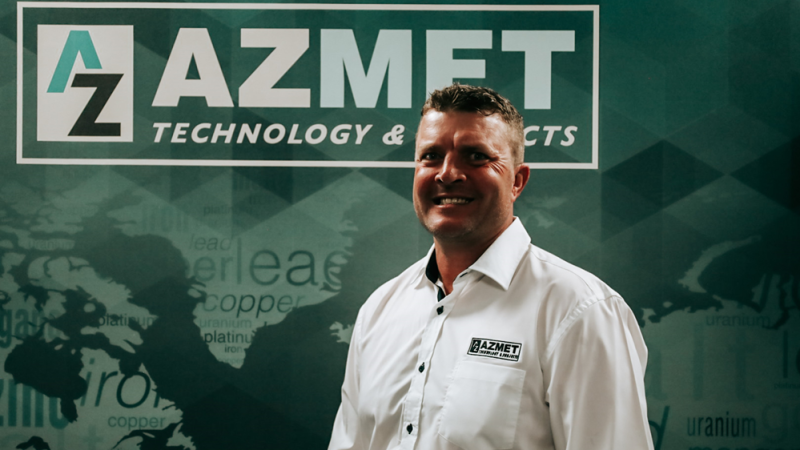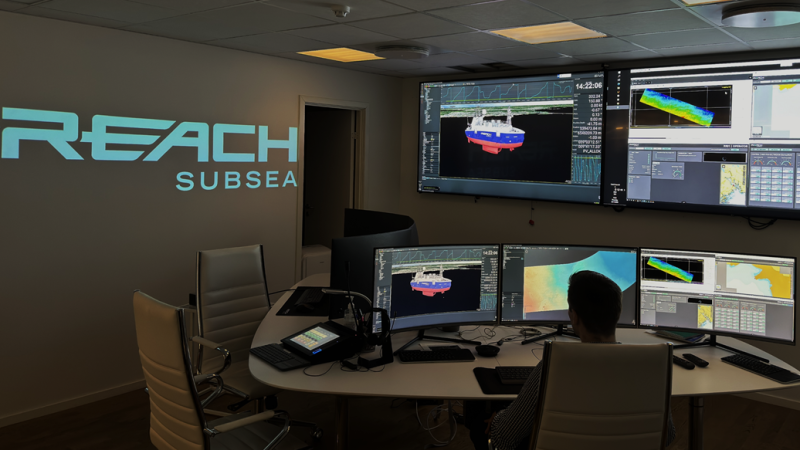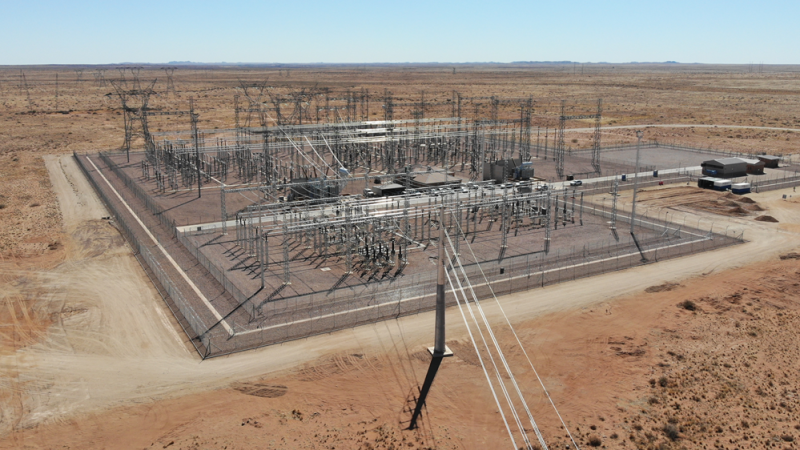ILF Consulting Engineers is an internationally operating consulting, engineering, and project management company with approximately 3,000 staff members distributed over 45 offices around the world. It has a reputation for working on very ambitious projects in the energy, water, environment, transportation, resources and industrial sectors.
We see ourselves as an enabler and solution provider in the fight against climate change. The IEA has rated the transition of the energy sector to become net zero as maybe the biggest undertaking of mankind. We are supporting the energy transition through our services while managing climate hazards and facilitating the circular economy,” says Klaus Lässer, CEO of ILF Consulting Engineers. “Our vision is to improve quality of life around the globe. That is what motivates us.”
Amongst the many projects that ILF Consulting Engineers is currently engaged in, the Green Riyadh project in Saudi Arabia stands out. The firm is the program manager for designing and implementing a water network where treated wastewater is used to provide water for a wealth of new greenery in the city. Around the world, in Munich, the company’s engineers are working on 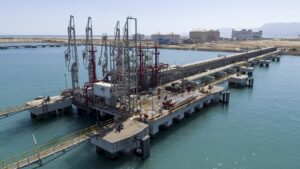 the design of a new underground second railway mainline system running from west to east of the city, connected underground to existing railway stations to boost public transport. And again, in the city of Innsbruck, the company was supporting a food chain for establishing a new hydrogen plant facilitating the switchover from diesel to hydrogen for their entire truck fleet.
the design of a new underground second railway mainline system running from west to east of the city, connected underground to existing railway stations to boost public transport. And again, in the city of Innsbruck, the company was supporting a food chain for establishing a new hydrogen plant facilitating the switchover from diesel to hydrogen for their entire truck fleet.
“We are fully international but our roots are in Austria and Germany,” Lässer says. “We are privately funded and privately owned. Despite having grown over time we still run the company as a family business,” he says as the son of one of the company’s founders. “As an impartial advisor, we are purely focusing on the needs of our clients. Our strategy is not driven by short-term targets but by long-term orientation and consistent development. The owners are actively engaged in driving this process with the ultimate goal to develop the company further in line with our vision and mission.”
A Global Culture
ILF is a value-driven company, and Lässer is keen to get across the culture that is built on those values.
“Our business culture, which we inherited from the founders of the company, is based on respect, fairness, reliability and honesty,” he says. “We have a brilliant and dedicated team with a strong, convincing purpose defined in our vision, improving quality of life.”
Over time and continuous growth, however, the act of maintaining that culture has faced new challenges.
“There has been a substantial change in the engineering sector. Countries and clients have changed their requirements,” Lässer explains. “In the early days, we were producing drawings and engineering work in our head offices in Innsbruck and Munich, and delivering it in piles of paper to international clients. These days it is a totally different process. In different countries around the world, there are local content quotas that require the employment and utilization of local staff. This requires additional efforts on capacity building and also has a significant impact on the cost structure. Moreover, many clients want to be served locally.”
In response to these challenges, ILF completely restructured the whole group in the past few years to reflect the new market environment.
“We turned the company upside down,” Lässer says simply. “We now work as a network of local offices, developing and growing staff, developing competencies, promoting a collaborative culture of exchanging & working together.”
While adhering to those local content policies has been a new challenge, addressing it has brought new benefits to the company.
“It means we have access to lots of brilliant talents and knowledge developed in many different countries,” Lässer says. “Our people work locally but can access international best practice from any other offices, which is a significant benefit for our clients.”
At the same time, however, ILF still aims to preserve that values-led culture which is in the DNA of the company, and doing that across a decentralised business requires new ways of working.
“In the earlier days our culture came more or less directly from the company founders who were living it, with everyone learning from their example,” Lässer says. “As we grew and became more decentralised this was an issue we really had to work on. We defined our corporate leadership culture. We are still spending a lot of time talking about that, communicating, sharing, and regularly having conferences with all leadership staff. We are all aware and living as per what we think is right. We are referring to it as ‘One ILF’ to remind us of this collaborative working style to best serve our clients.”
That international coverage and diversification provide a lot of stability, however, they can also lead to additional vulnerabilities.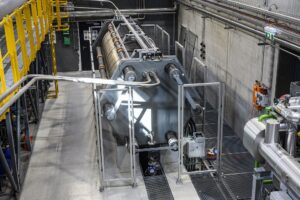
“For instance, we had to wind down our office in Ukraine, and divest the one in Russia for obvious reasons,” Lässer tells us. “We must constantly remain flexible and adapt to such changes.”
As well as recruiting across countries, there is also a need to recruit across generations as the makeup of the workforce fundamentally transforms.
“As boomers go into retirement, the next generation have different aspirations for their work/leisure balance,” says Lässer. “There are some significant ongoing changes, and with that comes a challenge for us as an engineering and consultancy firm, retaining our existing talent and being attractive and able to attract new talent.
An interesting consequence of the pandemic is, that we realised decentralising our work through tools including remote working turned out well for us as a company. We have built on that.”
It is crucial to build on that flexibility and attract new talent because they will be the front line in addressing the climate crisis.
“We see a huge amount of demand for our services because of the climate topic. That will be a lot of work for us for years and even decades to come,” Lässer says. “I strongly believe over the last decade the engineering profession has seen significantly reduced esteem. This does not properly reflect reality. As engineers, we are providing solutions for the mega problems facing mankind, and I think it is important to make this known in society, especially among young people. By choosing this profession, they can strongly impact changes in society, living quality and climate change.”
It is more than a vision for Lässer, it is a responsibility that he speaks passionately about.
“Last year the 28th of July was the Earth overshoot day, the day that mankind has consumed all the resources nature is able to regenerate in a year,” he says. “As a dad of three children, it’s hard to believe that is right. I am convinced we need to change this.”
